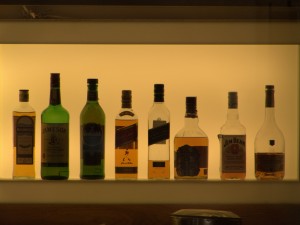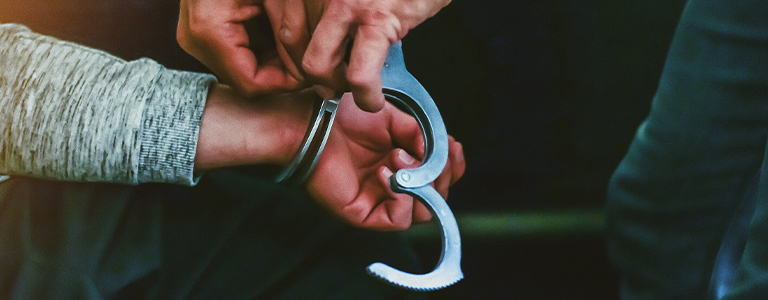
You may have been at a bar where you have seen someone very intoxicated leave. What if they get in a car to drive home and cause an accident? When something tragic such as this happens, who is to blame? This varies by state, but we’ve broken down some of the Liquor Liability Laws around the United States.
Liquor Liability Laws
Although Liquor Liability Laws vary from state to state, they are all based on the law that a server is not allowed to serve alcohol to a visibly intoxicated person. If a server over-serves a visibly intoxicated person and is prosecuted, they are subject to up to three years in prison or a monetary fine.
Servers and establishments are rarely prosecuted for this crime. However, in the case of a fatal drunk-driving accident, Liquor Liability Laws help determine who is at fault and who is to pay damages to the victim’s and their families.
When is the Commercial Vendor to Blame?
Most states hold the commercial vendor liable in the following situations:
- Alcohol was distributed to someone under the age of 21
- There was no liquor license
- Alcohol was sold or distributed after hours
- The server or manager should have noticed the visible intoxication of the customer
Minnesota
Minnesota Liquor Liability Laws state that service to a minor or an obviously intoxicated person is against the law. The defendant (server/place the alcohol was distributed) does not need a liquor license in order for these laws to apply.
North Dakota
North Dakota Liquor Liability Laws state that selling, giving away or knowingly serving a person under the age of 21, someone who is incompetent or an obviously intoxicated person is against the law.
State Liquor Liability Laws vary from state to state, to see a complete list, click here.
If you are concerned that you may become involved in a Liquor Liability lawsuit or have been injured by a drunk driver, don’t hesitate to contact an attorney at O’Keeffe O’Brien Lyson Foss. Our knowledgeable attorneys will work with you to help you achieve the best possible outcome.



